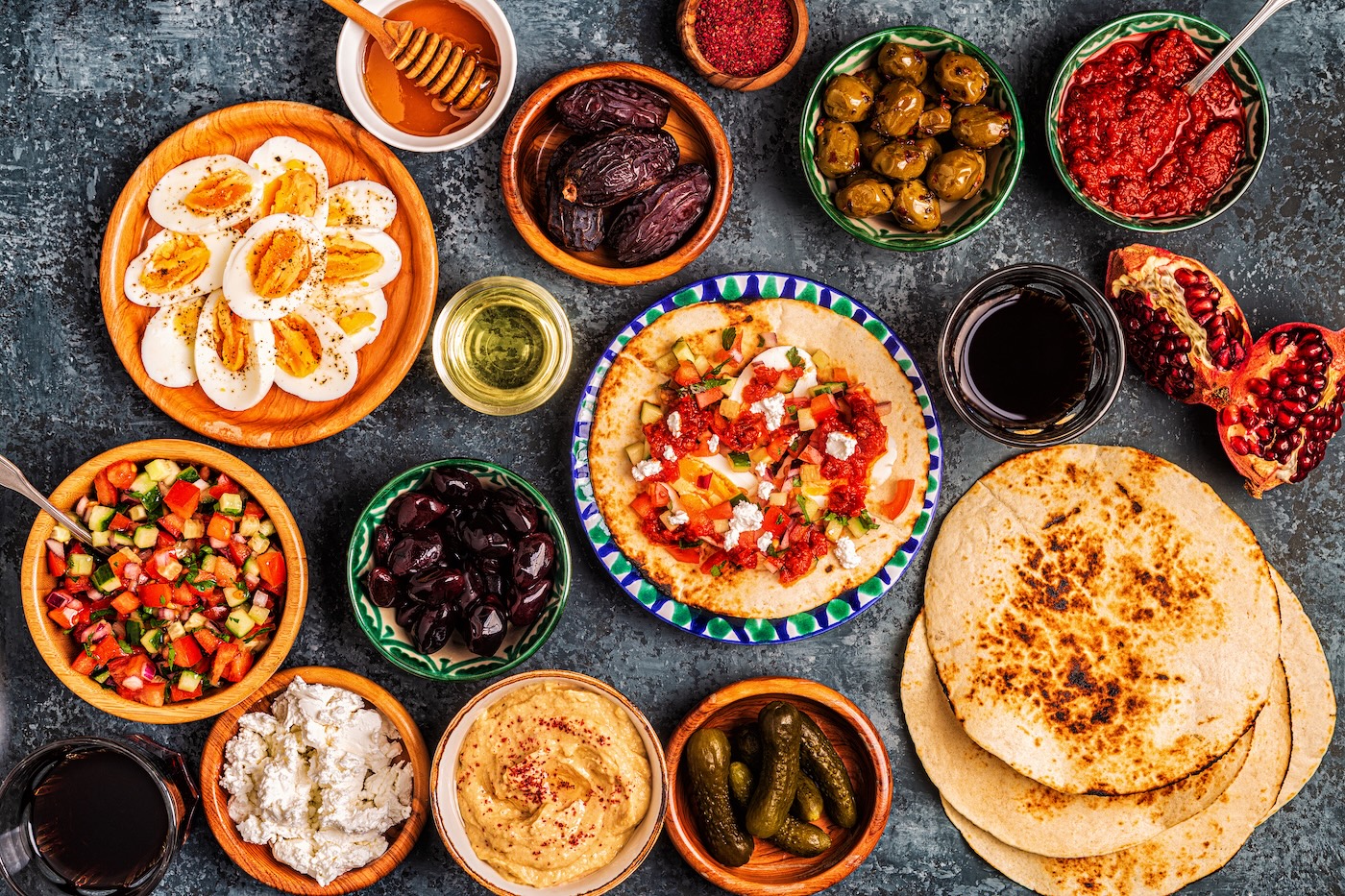
In today’s fast-paced world, convenience often drives our food choices. While dining out or ordering takeout may seem like an easy solution, there’s a compelling case for homemade meals—especially when they’re inspired by the wholesome, flavorful traditions of Mediterranean cuisine.
Why Homemade Food is Better
- Healthier Ingredients:
Homemade food gives you control over the ingredients. You can choose fresh, high-quality produce, lean proteins, and natural seasonings while avoiding preservatives, excessive sodium, and unhealthy fats often found in restaurant and commercial meals. - Tailored to Your Needs:
Cooking at home allows you to cater to your specific dietary preferences, allergies, or portion sizes. Whether you’re cutting back on sugar, reducing salt, or focusing on nutrient-dense ingredients, homemade meals can be customized to suit your goals. - Transparency and Trust:
When you cook at home, you know exactly what’s going into your meal. This transparency ensures you’re not consuming hidden additives or processed ingredients commonly used to enhance taste or shelf life in commercial food. - Cost-Effective:
Preparing meals at home is often more budget-friendly. Instead of paying for overhead costs like staff and ambiance at a restaurant, your money goes directly into quality ingredients. - Emotional and Social Connection:
Homemade meals often carry a sentimental value—recipes passed down through generations, meals shared with loved ones, or the simple satisfaction of preparing food with care. It’s an experience that restaurant food rarely replicates.
Why Mediterranean Food is Healthy
The Mediterranean diet has been celebrated worldwide for its health benefits and vibrant flavors. Rooted in the cuisines of countries like Greece, Turkey, Lebanon, and Italy, this diet is both delicious and nutritious.
- Rich in Healthy Fats:
Olive oil, a staple in Mediterranean cooking, is packed with monounsaturated fats that are heart-healthy. These fats help lower bad cholesterol while boosting good cholesterol levels. - Abundant in Fresh Vegetables and Fruits:
Mediterranean dishes emphasize fresh, seasonal produce. Vegetables like tomatoes, cucumbers, zucchini, and leafy greens, along with fruits like figs, pomegranates, and citrus, are rich in vitamins, antioxidants, and fiber. - Lean Proteins:
The diet relies on lean proteins like fish, chicken, legumes, and nuts. Fish such as salmon and tuna provide omega-3 fatty acids, known for their anti-inflammatory and heart-protective properties. - Whole Grains Over Refined:
Whole grains like bulgur, quinoa, and barley replace refined carbs, providing longer-lasting energy and better blood sugar control. - Natural Sweeteners:
Mediterranean desserts often use natural sweeteners like honey and dried fruits instead of processed sugars, making them a healthier indulgence. - Focus on Balance and Moderation:
Unlike fad diets, the Mediterranean approach emphasizes balance. Meals are not only nutrient-dense but also enjoyed in moderation, fostering a sustainable and enjoyable eating pattern.
The Perfect Pairing: Homemade and Mediterranean
Combining the benefits of homemade cooking with the Mediterranean diet creates the ultimate recipe for health and satisfaction. Preparing Mediterranean meals at home means you’re not only nourishing your body with wholesome, fresh ingredients but also connecting with a culinary tradition that values family, culture, and well-being.
At Lazeez Catering, we bring these principles to every dish we create. Whether it’s our homemade falafel, vibrant salads, or flavorful stews, we ensure that every meal reflects the heart and health of Mediterranean cuisine. Choose Lazeez Catering to experience the magic of homemade Mediterranean food—where taste meets tradition, and health meets happiness.


